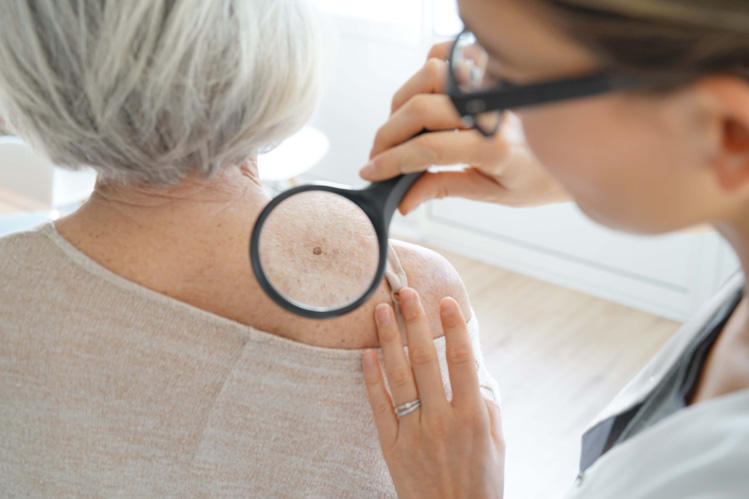Consider a dermatologist specializing in mohs surgery for skin cancer treatment with high precision.
Consider a dermatologist specializing in mohs surgery for skin cancer treatment with high precision.
Blog Article
Mohs Surgical Treatment Explained: A Key Procedure in Dermatology for Handling Skin Cancer Cells Effectively
In the world of dermatology, Mohs surgical procedure stands as a critical treatment for combating skin cancer cells, especially basal cell and squamous cell cancer. This detailed surgical technique, developed by Dr. dermatologist. Frederic E. Mohs, prioritizes the accurate excision of cancerous skin layers, leaving healthy and balanced cells unblemished. But exactly what makes Mohs surgical treatment so efficient and just how does it add to favorable person outcomes? As we delve much deeper right into the procedure, its benefits, and possible difficulties, the real worth of this treatment ends up being progressively evident.
Comprehending the Basics of Mohs Surgery
Although it might seem facility, Mohs surgical treatment is a specific surgical strategy used mainly to deal with skin cancer. The main aim of Mohs surgical treatment is to get rid of all cancer cells while sparing as much healthy and balanced cells as possible. Its accuracy and high success rate have made Mohs surgical procedure a foundation in dermatology, supplying hope to clients worldwide.

The Treatment: Step-by-Step Malfunction of Mohs Surgical Procedure
While Mohs surgical treatment may seem complicated, recognizing the step-by-step procedure can aid demystify the procedure. If cancer cells are found, the specialist removes an additional layer of skin and the process is duplicated. This cycle proceeds until no even more cancer cells are discovered, ensuring the full removal of cancer cells while protecting as much healthy skin as feasible.
The Advantages of Mohs Surgical Procedure in Skin Cancer Therapy
An impressive variety of people have uncovered the distinct benefits of Mohs surgery in their fight versus skin cancer cells. Related to for its accuracy, this technique targets malignant cells while preserving surrounding healthy and balanced tissue, bring about minimal scarring. Its high precision reduces the possibility of cancer reappearance, offering people with satisfaction. The procedure is commonly performed on an outpatient basis under regional anesthesia, making it much less tiring on the body than even more intrusive surgical procedures. Further, as it involves immediate microscopic assessment of the gotten rid of cells, it makes certain complete cancer removal in a solitary visit. Thus, it eliminates the need for multiple surgical treatments, saving time and minimizing tension for people. Subsequently, Mohs surgery offers an exceptional choice for efficient skin cancer cells treatment.
Feasible Risks and Problems Connected With Mohs Surgical Treatment
Despite its countless advantages, Mohs surgery is not without prospective risks and difficulties. Like all surgeries, it brings a risk of infection, bleeding, and an adverse response to anesthesia. In unusual cases, individuals may experience nerve damages, leading to feeling numb or weakness in the location of surgery. There's additionally the possibility of a reappearance or spread of skin cancer, specifically if all click resources cancerous cells were not totally removed throughout the procedure. Scarring is an additional worry, as it can be visible depending on the size and area of the treated location. The psychological impact of a skin cancer cells diagnosis more helpful hints and succeeding surgical treatment must not be ignored, as it can lead to anxiousness and clinical depression in some clients.
Getting ready for and Recouping From Mohs Surgical Procedure: What to Anticipate
To ensure the best possible outcome from Mohs surgery, patients need to effectively plan for the treatment and understand what to expect during healing. Prep work generally entails a comprehensive discussion with the healthcare service provider regarding the person's medical history, current medications, and possible allergies. Some medications may need to be stopped prior to the surgery to reduce bleeding. Postoperative treatment is crucial for successful recovery. Individuals might experience moderate pain, inflammation, or swelling, which can be managed with prescribed medicines. They are recommended to rest, avoid arduous activities, and maintain the medical site clean and completely dry. Routine follow-ups are necessary to check healing and detect any kind of issues early. The key to recuperation is clients' adherence to their doctor's directions.
Verdict

Report this page